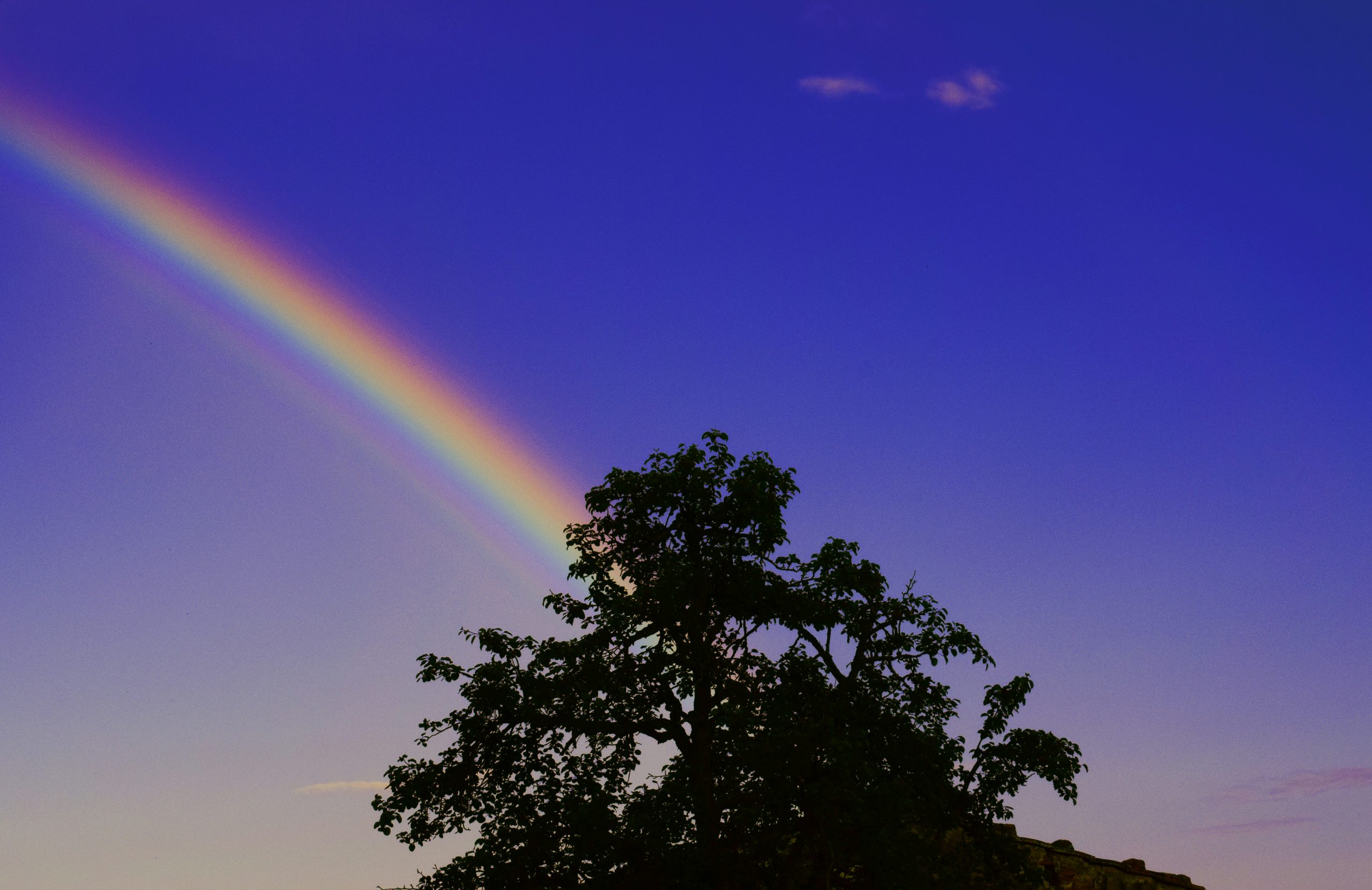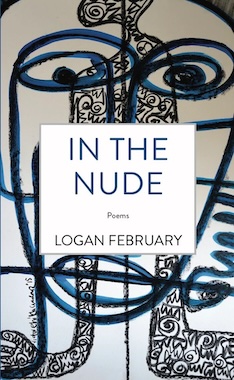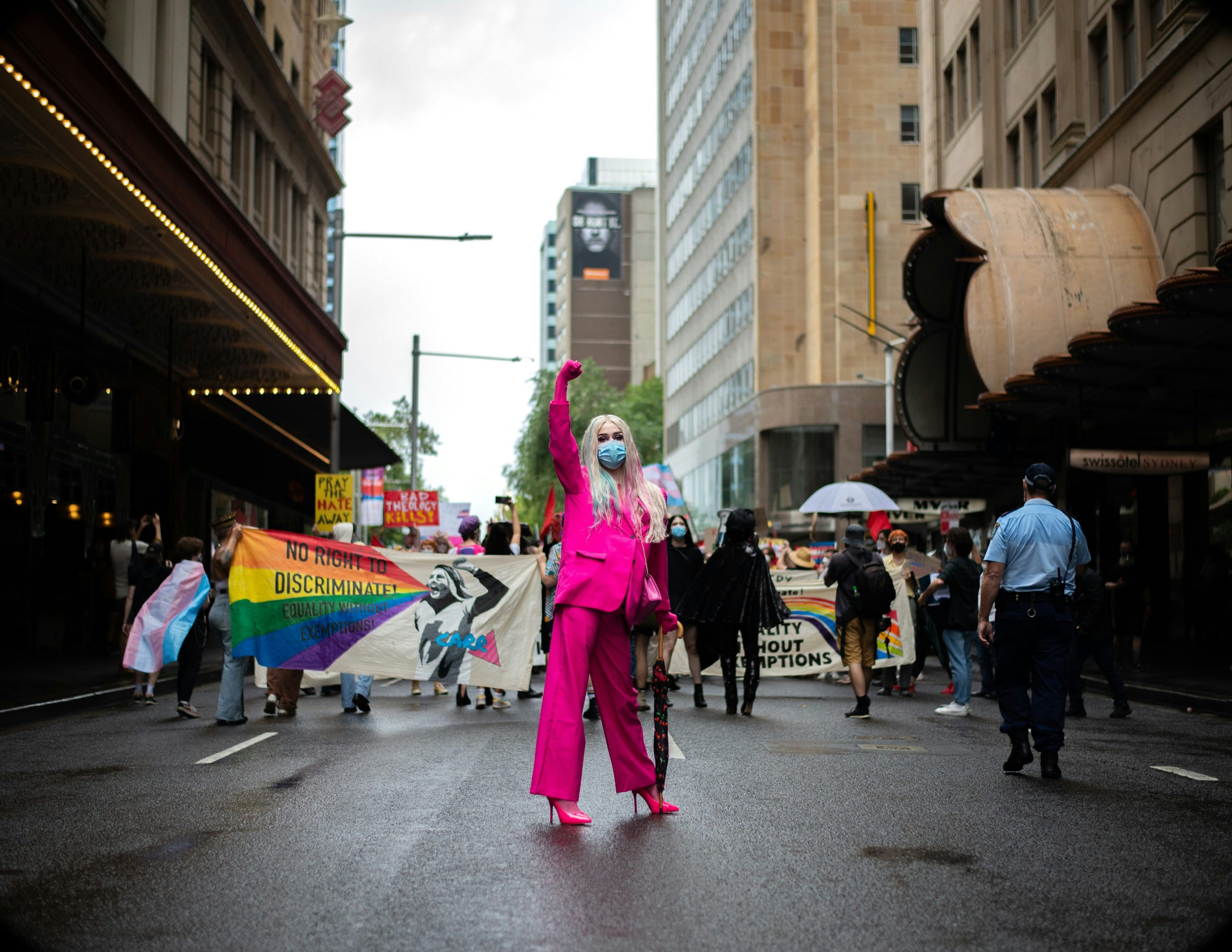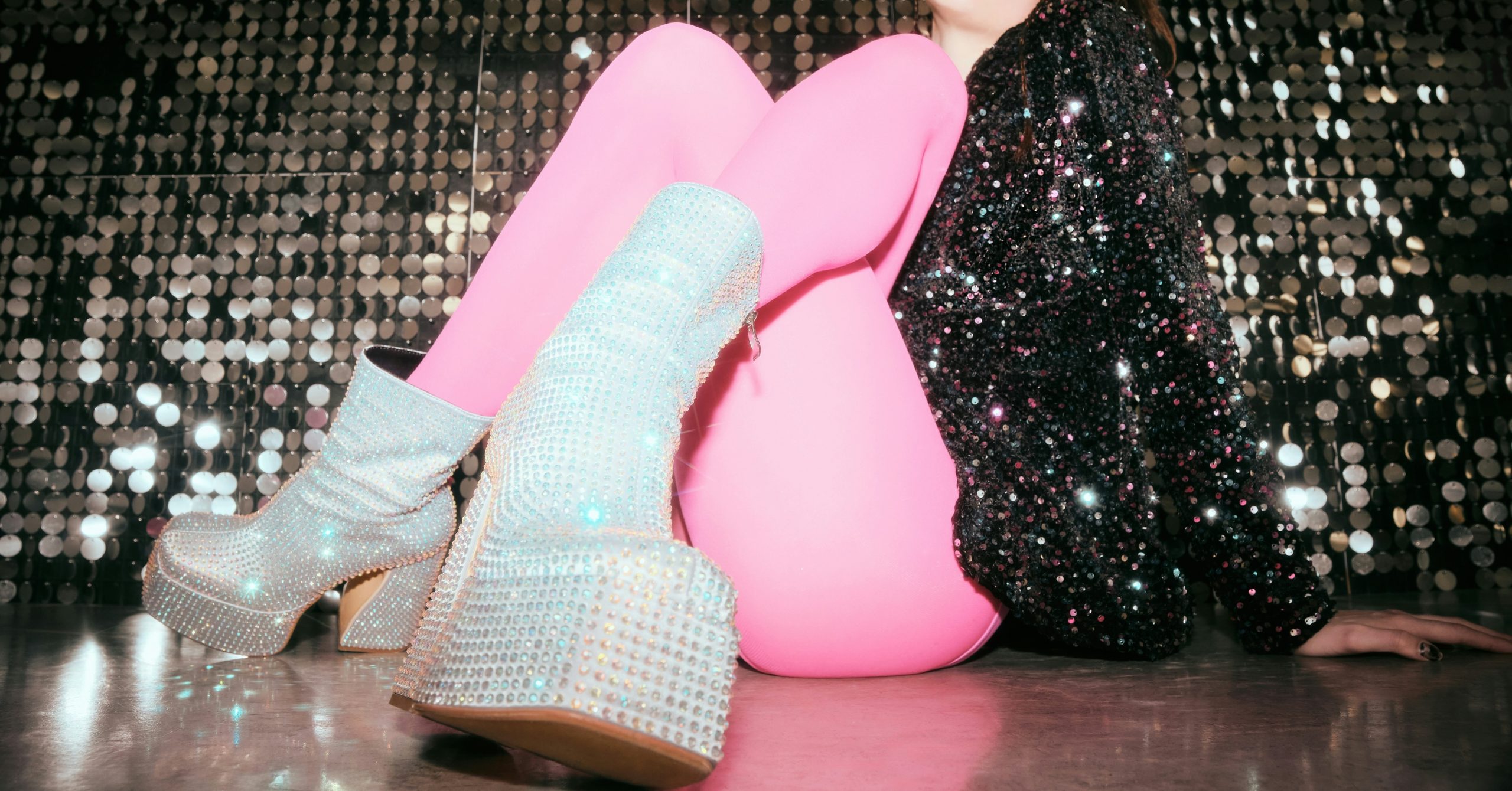Reading Lists
7 Queer Books By African Writers
These writers revolt against institutionalized homophobia and proclaim, “look, I am here and I will live"

In a place where your very existence is threatened and your survival uncertain, every form of art should revolt and proclaim, “look, I am here and I will live.” In Africa, queer people are at risk of being lynched by mobs or killed. These acts are not just individually motivated but endorsed by the government, either overtly or covertly. An evidence of this is the recent anti-gay laws in Zambia and Uganda. This prohibition of queerness is not limited to the above African countries but it’s prevalent throughout most of the continent.
With this, queer people are forced to live in fear and in secret. Queer writers are silenced and censored, afraid of expressing themselves and their sexuality in their writings. However, amidst all this darkness are writers who have works, in Ellen Bass’ words “spacious enough to hold all the contradictions: the violence waged against gay people and the body’s insistence on love, the tenderness of flesh and the carnage of war, remembering and forgetting, silence and song.”
These writers write about queerness with so much vulnerability and nuance. In their books, they sing the song of liberation, of survival. They interrogate the nature of God and love in relation to restrictions placed on them. These writers are not afraid to speak their truth, their fear and their hopes. I invite you to come into their light.
Sacrament of Bodies by Romeo Oriogun
Sacrament of Bodies is a poetry collection interrogating what it means to be queer and Nigerian. With great musicality, Oriogun weaves poems that sing of a people yearning for freedom. One cannot help but notice the vulnerability in this book, the urgency with which each word carries. Oriogun splays the body on an autopsy table, dissects it and within it recognizes the desire to find love in “whatever body that gives them home”. An elegy revealing the ordeals of being queer, Oriogun manages to dance, with such boldness and courage, in the face of death. Even with all the killings surrounding them, dancing to Oriogun, it is a way of escaping the cruelness of their country. In their words “I danced as if I knew every song had a door.”
In the Nude by Logan February
Logan February is a Nigerian poet whose verse is imbued with a solemn and rhythmic energy. They contemplate the burden of possessing a desire that is taboo and the ache of tiptoeing the night, searching for someone to share that yearning with. In their words: “Lord, do you know how hard it is to find good dick?” The beauty of this collection is not just in the questioning or navigation of the forbidden, but in the way Logan juxtaposes the spiritual with the sensual. They do not question God’s position, but rather they report their maltreatment, their hidden desires, their adventures to a higher power. This is a book that gives a different perspective of queerness and spirituality.
The Death of Vivek Oji by Akwaeke Emezi
In The Death of Vivek Oji, Nigerian writer Akwaeke Emezi shines a light on the treatment of nonbinary and trans people in Nigeria. The main character Vivek is genderqueer and unable to live an authentic life, their femininity leads to family members insisting that they’ve been possessed by demons. Set mostly in the ‘80s and ‘90s, the novel opens with the dead body of Vivek deposited on his mother’s doorstep and the story unfolds in a series of flashbacks. The book explores the complexity of being genderqueer in a place where your very existence is seen as an abomination, the constant pursuit for identity that feels true to who you are, and the need to belong by whatever means possible.
When We Speak of Nothing by Olumide Popoola
This YA novel follows Abu and Karl, teenagers in London who are best friends. It’s 2011 and the shooting of a Black British man by the police leads to riots engulfing the city. Fleeing the city, Karl travels to Port Harcourt in Nigeria to find his father who he has never met. Karl’s reunion doesn’t turn out the way he imagined, but he forges a connection with his cousin and befriends an activist protesting the Niger Delta environmental disaster. Overlooking these series of events is Esu, the Yoruba trickster god. A heartfelt exploration of transgender identity, race, and friendship by a talented Nigerian German writer.
God’s Children Are Little Broken Things by Arinze Ifeakandu
God’s Children Are Little Broken Things is a paean to the depth of love and the ability to sustain it despite societal pressure and the threat of harm. The main story in this short story collection is about Lotanna and Kamsi, college students in Kano, northern Nigeria, who have to keep their attraction to each other hidden from the public. “The Dreamer’s Litany” is an insightful excavation of power dynamics, told through the lens of a series of transactional sexual encounters between a struggling business owner and a wealthy benefactor. Ifeakandu’s characters come alive through their choices and the complexities of their lives.
Don’t Whisper Too Much by Frieda Ekotto, translated by Corine Tachtiris
Originally written in French, Cameroonian writer Frieda Ekotto’s Don’t Whisper Too Much is a sapphic love story, the first African work of fiction to depict lesbian relationships with tenderness, instead of condemnation. The book follows Ada as she comes of age in the outskirts of a village and falls in with Siliki, an older disabled woman. In an interview, Ekotto says this book is about confinement and “the impossibility of feeling free, of being able to participate in the world without feeling constrained by one’s race, one’s gender, one’s sexual orientation etc. In a sense you’re never free to do what you want because of all the outside forces that control you and control everything else. Confinement also has to do more with language, has to do with my position in the world as an African woman.”
An Ordinary Wonder by Buki Papillon
Nigerian writer Buki Papillon merges the literal and the figurative, the concrete and the abstract with the introduction of an intersex character in this searingly honest and questioning book. In An Ordinary Wonder, Otolorin is not just seen going through the psychological uncertainty of identity, but also a physical reckoning as they are born with both male and female organs. Papillon explores the insistence of heterosexuality, especially in cases of boys, as a product of the hegemonic, patriarchal preference of a male child. When Oto chooses womanhood, , her parents reprimand her and society responds with cruelty and mockery, insisting that she is only allowed to be a boy. At boarding school, away from her family, she thrives, even as she is forced to hide her true self. Oto hopes that through hardship and sheer willpower, she’ll be able to win a scholarship to the U.S. and finally live a life of her own choosing. But a tragedy forces her to reckon with an uncertain future.









